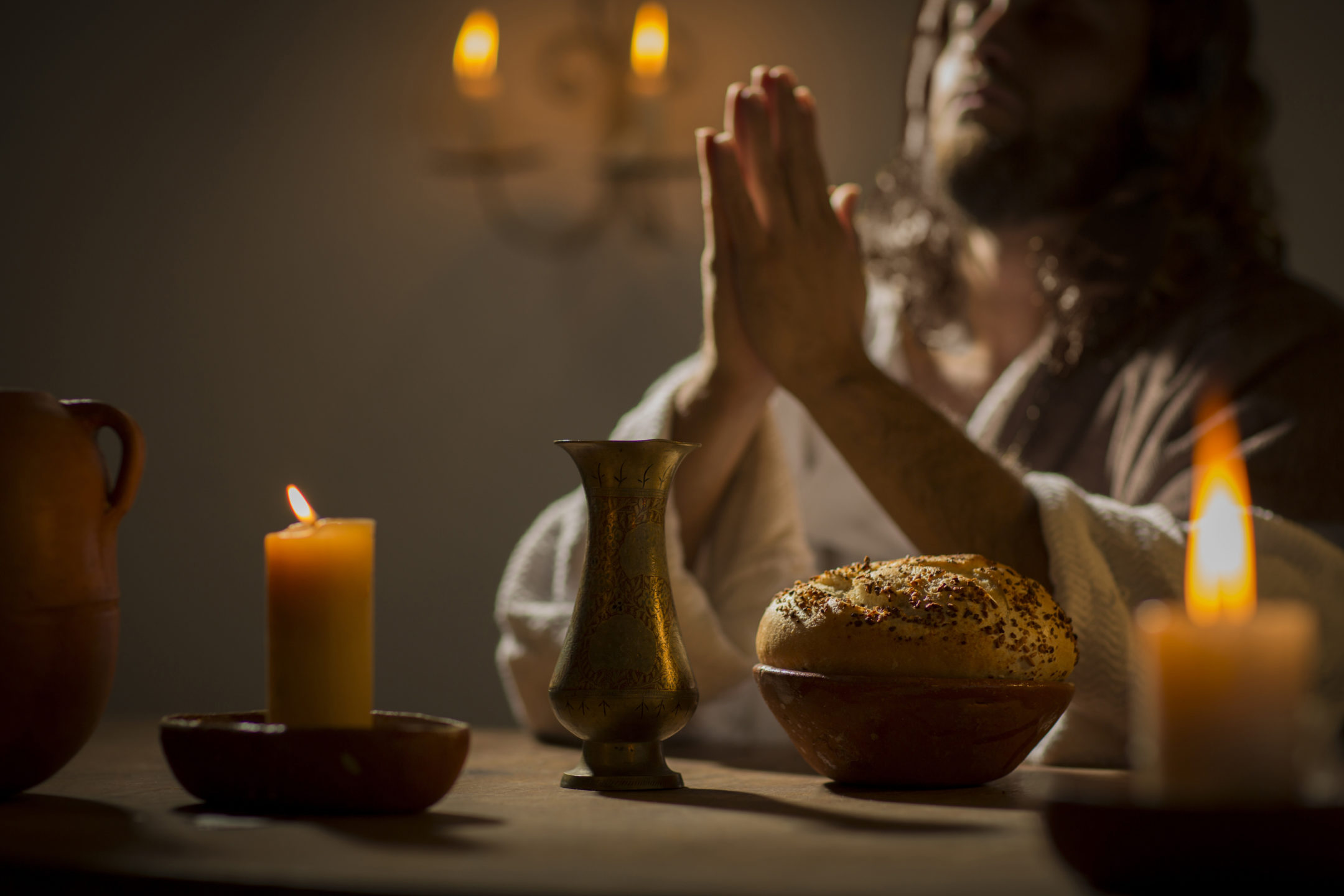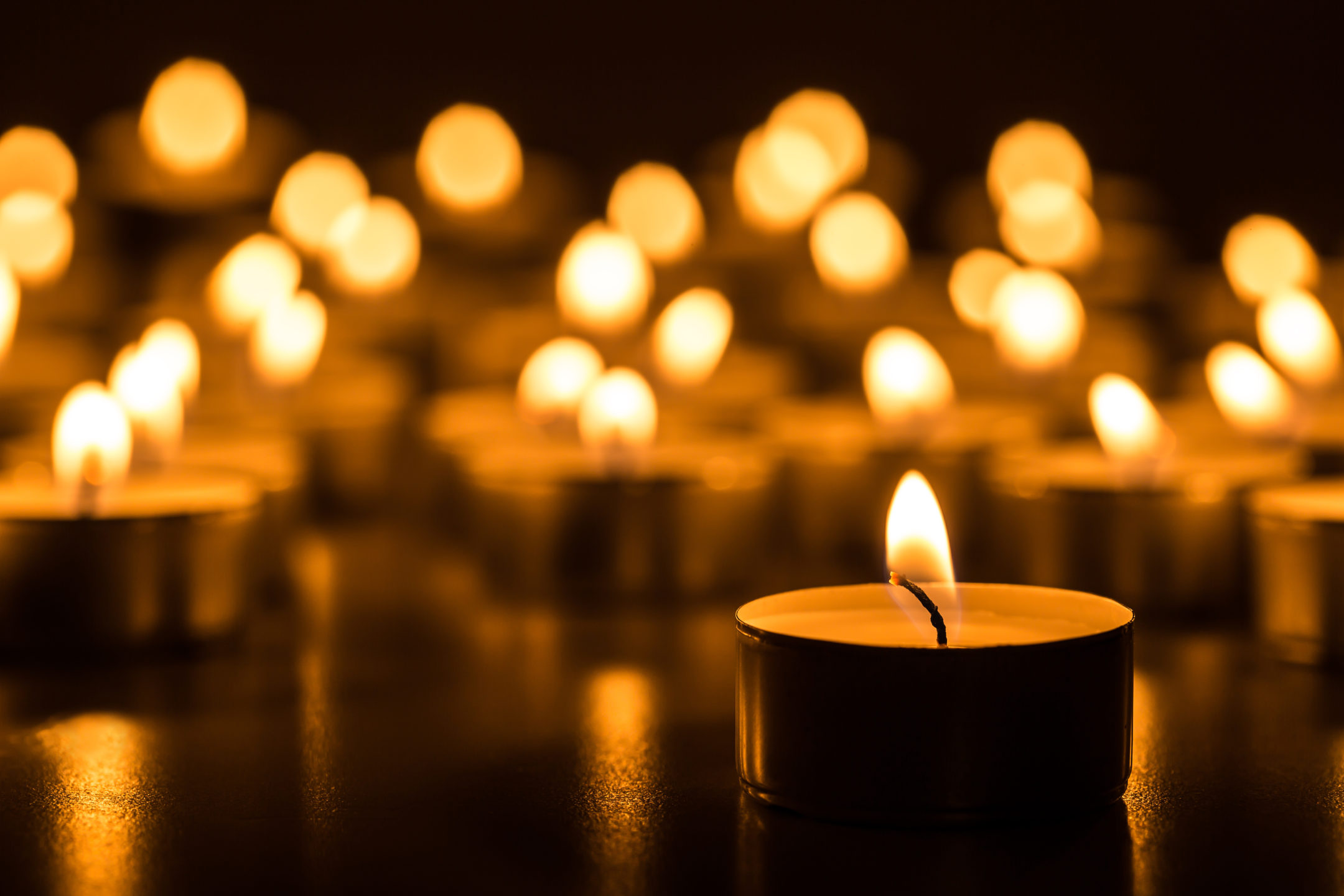When we fast, we follow holy example.
When we fast, we follow holy example. Moses and Elijah fasted forty days before going into God’s presence (Exodus 34:28, 1 Kings 19:8). Anna the Prophetess fasted to prepare herself for the coming of the Messiah (Luke 2:37). They all wanted to see God, and they considered fasting a basic prerequisite. We, too, wish to enter God’s presence, so we fast.
Jesus fasted (Matthew 4:2). And since he needed no purification, He surely did this to set an example for us. In fact, he assumed that all Christians would follow his example. “When you fast,” he said, “do not look gloomy like the hypocrites. They neglect their appearance, so that they may appear to others to be fasting” (Matthew 6:16). Note that he did not say, “If you fast,” but “when.”
So the Apostles continued to fast, long after Jesus’ resurrection and Ascension (see Acts 13:2-3 and 14:23).
In the oldest Christian documents, we see that the first believers fasted every Wednesday and Friday. On those days they probably took one meal, of bread and water.
Today’s fasts are not so demanding. The Church requires fasting on only two days per year: Ash Wednesday and Good Friday.
The norms for fasting are obligatory for Catholics age 18-59. And we’re allowed to have something more than bread and water. The rules allow for one full meal, as well as two smaller meals. The two smaller meals together should not equal the one full meal.
Catholics also observe lesser fasts throughout the year. We don’t eat or drink anything but water for one hour before receiving Holy Communion. We call this the “Communion fast.”
The Bible spells out specific spiritual benefits of fasting. It produces humility (Psalm 69:10). It shows our sorrow for our sins (1 Samuel 7:6). It clears a path to God (Daniel 9:3). It is a means of discerning God’s will (Ezra 8:21) and a powerful method of prayer (8:23). It’s a mark of true conversion (Joel 2:12).
Fasting helps us to be detached from the things of this world. We fast, not because earthly things are evil, but precisely because they’re good. They’re God’s gifts to us. But they’re so good that we sometimes prefer the gifts to the Giver. We tend to eat and drink to the point where we forget God. St. Paul said of certain people, “their god is the belly … with minds set on earthly things” (Philippians 3:19).
We don’t want to be one of those people. We want to be able to enjoy God’s gifts without ever forgetting the Giver. Fasting is a good way to start.
This year we are fasting more than usual, even for Good Friday. We are deprived of activities we enjoy. We are homebound and otherwise constrained. We cannot even receive Holy Communion.
We can look at it as a downer — or use it as an occasion of extraordinary grace and spiritual growth. We can gripe — or follow the example of Moses, Elijah, Anna, the Apostles … and Jesus.
Today is not the day to lose our grip on our Lenten sacrifices. Today is the day to renew our commitment through our fasting and prayer.

